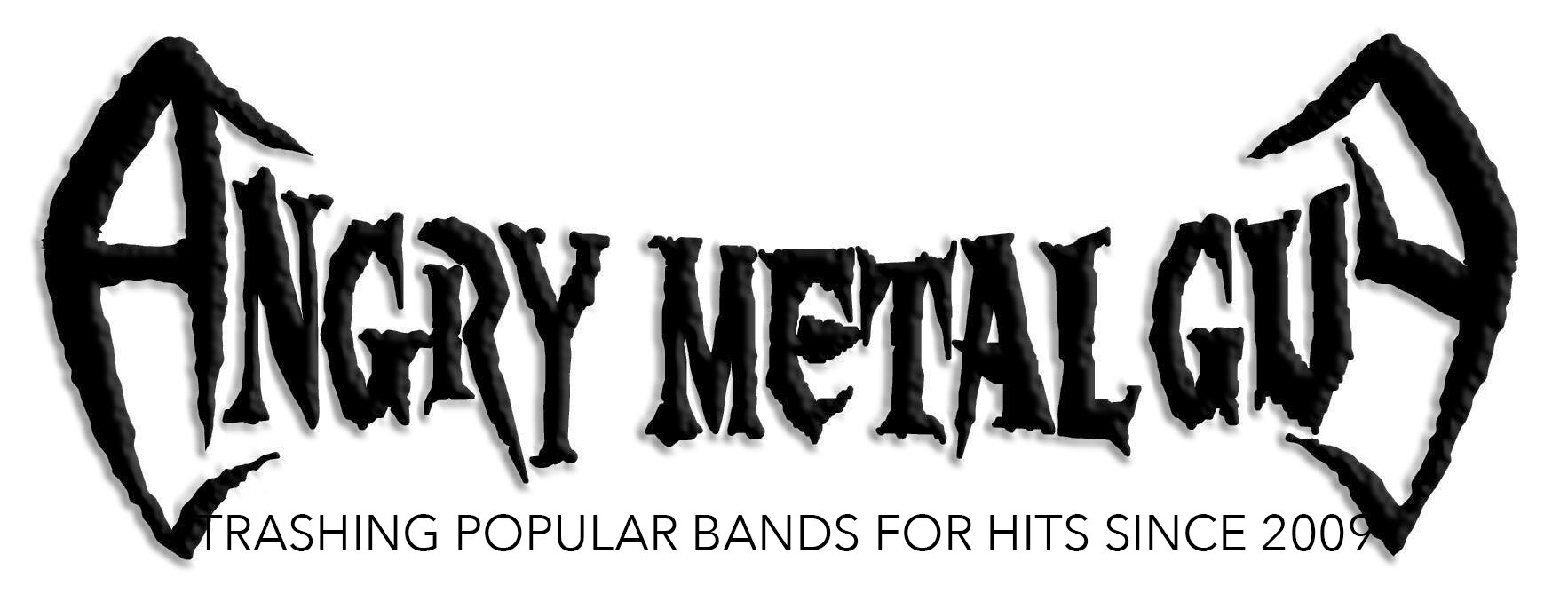 I’m a big fan of Kickstarter. I think that the idea of Kickstarter is truly fantastic; crowd-sourcing capital to avoid the big money parties that have traditionally exploited creators in the name of profit. Particularly in the era of increasingly bad things happening to record labels (and being perpetrated by them), due to their inability to keep pace, it brings a bit of democracy to a lot of industries that just don’t have a lot of democracy; namely the music industry or the video games industry. I, personally, have backed 13 projects now, and all of those (which have finished) have been successfully funded. I also backed Wildernessking’s non-Kickstarter project to fund a vinyl project, because I thought it was cool. When The Project Hate was in need of cash, I ponied up—not because I’m a huge fan of the band, I’d never actually heard them at the time—but because I wanted to support someone who just was dead set on turning their project into a reality. But let me tell you something: I don’t believe that Kickstarter is the future of the industry. At least I hope it’s not. Because while a thing like Kickstarter has the potential to support some bands, it also has the potential of being an impossible climb for others.
I’m a big fan of Kickstarter. I think that the idea of Kickstarter is truly fantastic; crowd-sourcing capital to avoid the big money parties that have traditionally exploited creators in the name of profit. Particularly in the era of increasingly bad things happening to record labels (and being perpetrated by them), due to their inability to keep pace, it brings a bit of democracy to a lot of industries that just don’t have a lot of democracy; namely the music industry or the video games industry. I, personally, have backed 13 projects now, and all of those (which have finished) have been successfully funded. I also backed Wildernessking’s non-Kickstarter project to fund a vinyl project, because I thought it was cool. When The Project Hate was in need of cash, I ponied up—not because I’m a huge fan of the band, I’d never actually heard them at the time—but because I wanted to support someone who just was dead set on turning their project into a reality. But let me tell you something: I don’t believe that Kickstarter is the future of the industry. At least I hope it’s not. Because while a thing like Kickstarter has the potential to support some bands, it also has the potential of being an impossible climb for others.
Let’s look at a list of Kickstarter successes. First, I’m not aware of any metal bands that have been successful on Kickstarter (and technically, Wildernessking would not have been successful on Kickstarter because they never did make their whole goal), but I assume some must have been [Obscura was – AMG]. But the projects I am aware of that have been successful on Kickstarter are The Order of the Stick, Shadowrun Returns, Wasteland 2, Amanda Palmer, The Banner Saga and a number of others who have the same kind of pedigree that they do. What you’re seeing from the projects is that already established artists and developers show up, and they pull in tons of support—overwhelming their goals by as much as 900%. Ex-Stratovarius guitarist Timo Tolkki has taken 27 days to get to 98% of 50,000 dollars, for example, and he still has 33 days to go. But if you start digging a little bit what you see is that there are tons of really great project ideas that gain no traction. This is not because they aren’t necessarily good (I am particularly interested in this independent video game Uktena which has gained very little funding, though given its niche value it’s maybe not the world’s best example)—instead this is because they are no one. And this is the key. An influx of capital is necessary for the production of material, but also the promotion of that material. Traditionally, record labels have done this. And while record labels are certainly not the ideal way of funding this business given their business models, what a record label does is take bands that could never have raised that money and elevate them—at cost, of course, to the band.
Kickstarter does not elevate bands that are unheard of. There can be plenty of reasons—particularly in a society where local music scenes are suffering dramatically because of the readily available massive amounts of media on the Internet—why great local bands don’t get heard by anyone. This means having to get those bands other types of exposure. But the problem is that breaking into that market requires a lot of luck, but it also requires a lot of personal capital investment or someone taking a chance on you. That chance taken, the label can use their contacts and networks to advertise the band’s music, to get the band media attention and to do all of the things that these institutions are built for and that independent musicians are not built for.
So there are two things that I come away with from this. First, independent musicians do not have the networks to break out of their structural position. In this sense, we can think about what Amanda Palmer can raise (what, 588k as of the 8th of May at 17:12 Central European Time) versus what an independent artist can raise. Doing it independently means you raise a good chunk of money to fund a professional product but you have no money leftover for any of the expenses that turn you from a local artist with a CD no one is buying, into an act that is touring nationally and selling merch. AFP (that’s Amanda Fucking Palmer) was on Roadrunner, had a successful band that opened for Nine Inch Nails, has toured alone without equipment and often sleeps on peoples’ floors. She does not do what a metal band needs to be able to do in order to succeed on the road. But all of that money still needs to come from somewhere: and for a small band with no success under its belt, but a lot of talent, labels fill that void.
Second, whenever anyone says “Oh, but the talent will rise to the top,” (which is what Internet philosophers love to say secure in their faulty assumption that everyone starts out with exactly the same opportunity), it’s easy to call bullshit. I’m sure every single reader of this blog knows of a band that was really good that never went anywhere and couldn’t get attention. I’m sure if you were to dig through the Kickstarter pages you would find tons of great ideas that will never get the attention of the masses so that no one will know ever existed because they were not known by anybody and so they were never given the kind of exposure that would be necessary. And then, even if independent artists are successful at funding a project, they cannot fulfill all of the same functions that a label can, because like in all power situations, power is situated in already existing capital and structures. In essence, what’s happening when an Amanda Palmer or Obscura or Radiohead or Timo Tolkki has success with this kind of “business model,” is that the capital investments of labels are paying off.
I’m not saying that there isn’t a place for Kickstarter—that should be obvious—but I am highly suspicious that this is going to be the way for new bands to really “make it” in the modern context. For someone who has already established herself and has a big following, I think Kickstarter is ultimately way smarter than signing a new record deal. The economic incentives make perfect sense to me in that specific situation. But in this case, there isn’t a slope to climb to get there so much as a cliff that needs to be scaled in order to stand on that plateau. Labels invest money in climbing gear for bands. Sometimes that gear is faulty and sometimes these dudes just can’t climb, but the labels do their best to make sure that their investments pay off. And while that’s not perfect (really, really, really not perfect), it is definitely better than a situation where “the crowd” only funds what they’ve heard of already or the extremely lucky band or project that gets name dropped by a successful artist.


















